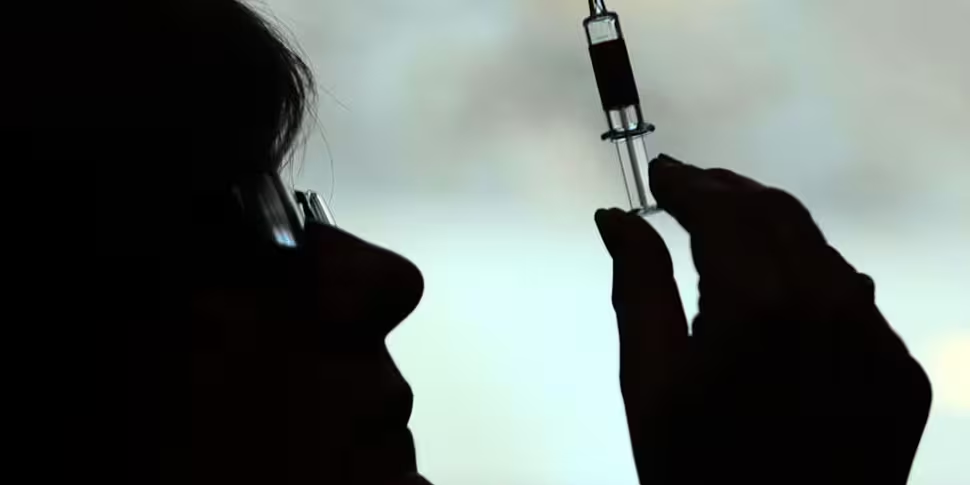An apparent breakthrough in coronavirus vaccine research is being welcomed as 'good news' - but experts are cautioning that there's a lot of work still to do.
It comes after initial research into a potential vaccine being developed at Oxford University showed promising results.
Healthy volunteers, involved in early-stage clinical trials, experienced a strong immune reaction.
The results published in The Lancet journal indicated that the trial also raised no early safety concerns.
The World Health Organisation today said there's still a way to go to find a vaccine for COVID-19, but has welcomed the progress.
Roger Highfield, science director at the Science Museum of London, spoke to The Hard Shoulder about the findings.
He explained that scientists are trying to compress research that usually takes years into a few months.
He told Ivan: "The whole point of these vaccines is to try to train the body's protective immune system to recognise the coronavirus that causes the pandemic, and deal with it before it can cause illness.
"The good news is that not only was the vaccine well-tolerated and safe in these 1,000 healthy adult volunteers, but it did generate a promising immune response.
"This is a really good step in one direction... but we've still got to do the ultimate test, which is to see whether that immune response is good enough to protect you from the coronavirus.
"You start off looking at issues about safety, to make sure there aren't any terrible side effects. They've crossed that hurdle. Then you check if you're getting some sort of immune response."
Mr Highfield noted that much larger vaccine trials are now underway, but it's not ethical to expose people directly to the virus as part of the trial.
He explained: "What you can do, for example, is to vaccinate vast numbers of people... knowing that some of them inevitably will be exposed to coronavirus.
"Then you can see how this group does compared to people who don't get the vaccine at all."
He said this initial research showed people having some side effects, but "not serious ones".
Vaccine developers can be "quite pleased" with some mild side effects such as aches or minor fever, he explained, as it shows the body is reacting to the vaccine.
However, lots of key questions remain - such as how long a good immune response will last, and whether 'booster' vaccines will be needed after the initial vaccine is administered.
He observed: "What's remarkable about this is that they're already scaling up... to make millions and millions of doses. They've had to assume that this thing's working, and lots of vaccine manufacturers are doing this.
"They should be able to scale up production towards the end of this year, start of next year given that everything goes smoothly.
"That's a huge 'if' - it's hard to make a vaccine. We haven't got an effective vaccine against AIDS, for example, and we've been looking at that for decades."









